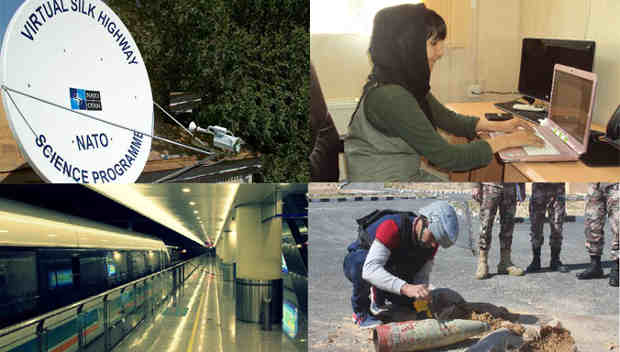How NATO Science Programme Ensures Cyber Defence
The year 2018 marks the 60th anniversary of the NATO Science for Peace and Security (SPS) Programme. The programme has built a strong track record of promoting scientific projects and collaboration among scientists from NATO countries, maximising the return on research investments and strengthening the transatlantic bond.
Throughout the years, NATO says, the programme has created a wide international network of scientists and experts. More than 20 Nobel Laureates are associated with the SPS Programme, a testament to the scientific excellence it supports.
The priorities for the SPS Programme have been repeatedly updated since its launch, to reflect the changes in the security environment and the evolving challenges faced by NATO and its partners. Currently, the Programme focuses on a wide range of issues, from cyber defence through responding to terrorism to increasing energy security.
Over the past decade, according to NATO, the Programme has initiated nearly 800 collaborative activities among NATO Allies and partners – ranging from cyber defence in Jordan to humanitarian demining in Ukraine; from connecting Afghan universities to high-speed internet to turning toxic rocket fuel oxidiser into fertiliser in Uzbekistan; and from improving crisis management in Mauritania to establishing a new incident command system in the Western Balkans.
Courtesy: NATO













